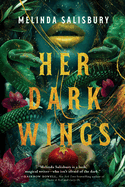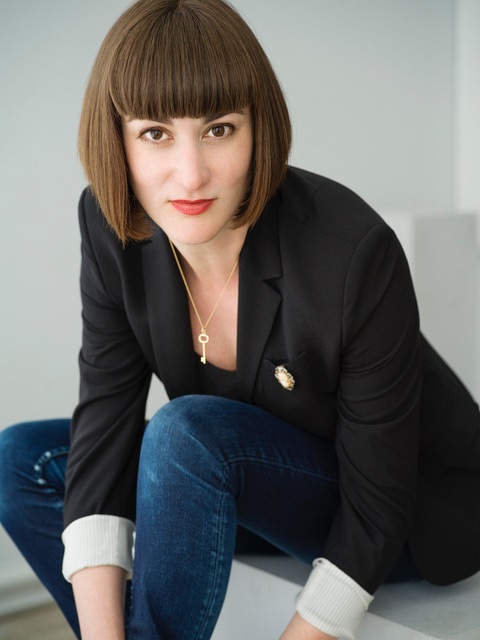 |
| photo: Nina Subin |
Katherine Howe is the co-author, with Anderson Cooper, of Astor: The Rise and Fall of an American Fortune. She is also the author of the forthcoming The Penguin Book of Pirates. Howe lives and sails in New England with her family. Her fourth novel for adults, A True Account: Hannah Masury's Sojourn Amongst the Pyrates, Written by Herself (Holt, November 21, 2023), features 17-year-old Hannah Masury, who flees indentured servitude only to wind up on a pirate ship.
Handsell readers your book in 25 words or less:
A True Account is Gone Girl meets Treasure Island, beginning in Boston in 1726 and ending in a treasure hunt in the Caribbean in 1930.
On your nightstand now:
The Great Illustrated Classics editions of Ivanhoe (Sir Walter Scott), Moby-Dick (Herman Melville), and Treasure Island (Robert Louis Stevenson), which are my son's three favorite books right now to read at bedtime. Each is sort of simplified from the original, but most of the plot points and themes are there. I put on the audio of the original Moby-Dick on our way to Montessori the other day, and my son excitedly said "It's Queequeg!" He's almost four. He also came into the kitchen the other day carrying a long stick and with great gravity announced that he was a harpooner. We are a completely normal family.
Favorite book when you were a child:
Johnny Tremain by Esther Forbes. It's a little embarrassing, how influential that book has been on my entire writing career. Forbes crafts a fictional boy, set in a beautifully rendered version of revolutionary Boston, and has him interact with actual historical figures. It's basically the blueprint for every novel I have written as an adult.
Your top five authors:
Edith Wharton, the master of American social and historical fiction from a hundred years ago. Matthew Pearl, the master of American historical fiction today. Julia Glass, who writes incredibly intimate and detailed character study novels of such depth and nuance. John P. Marquand, a largely forgotten peer of Edith Wharton who couldn't write women to save his life, but whose portraits of the interior life of men cling to me for years at a time. And Mary Beth Norton, the most important colonial American historian of her generation.
Book you've faked reading:
Before I answer this, I have to say that I have read Invisible Man by Ralph Ellison. It's just that I was a TA in grad school while I was still in coursework, and it was very overwhelming, and I had to lead discussion section on it before I had actually finished the book. But I've read it now! I swear! Really!
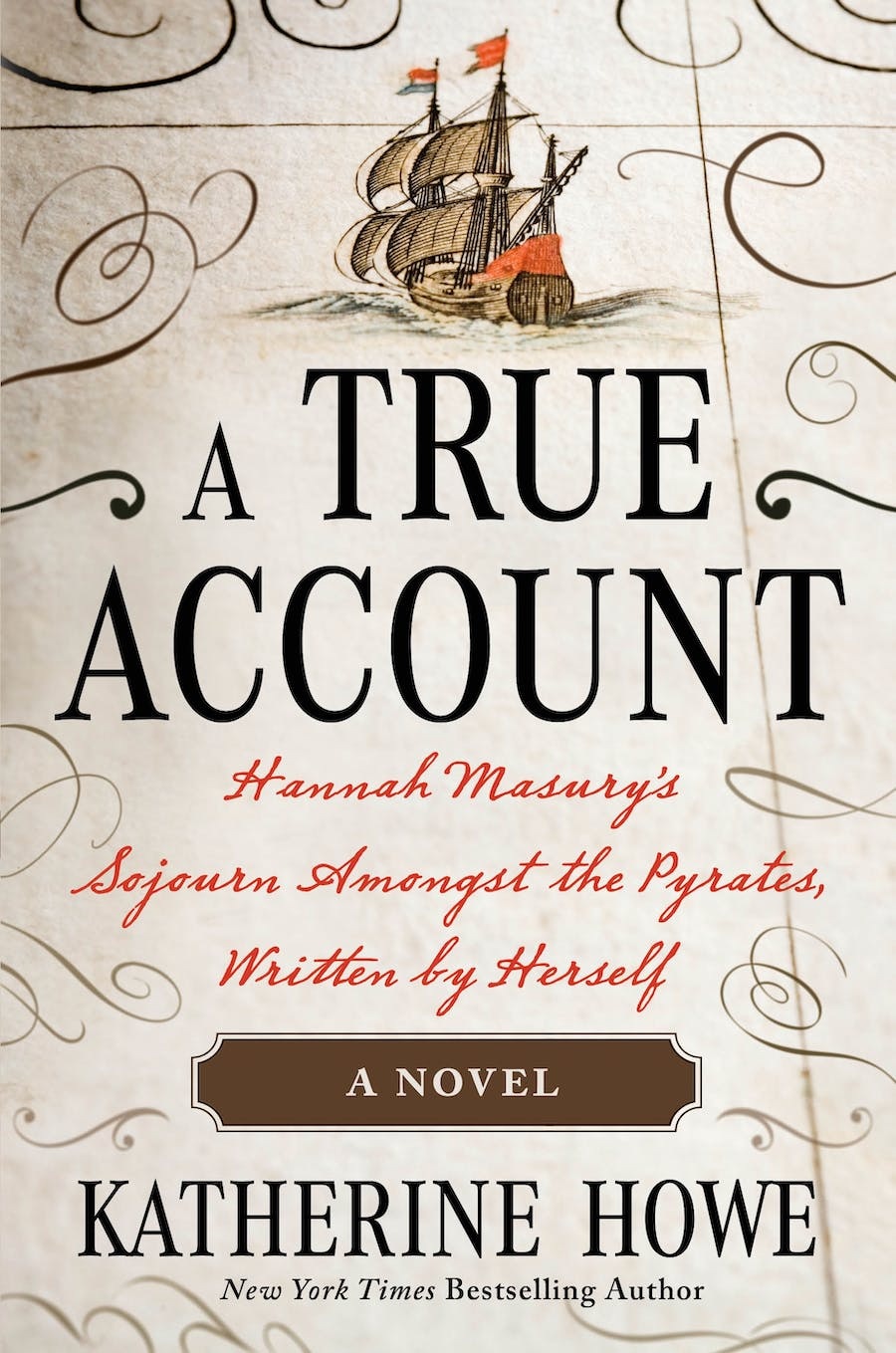 Book you're an evangelist for:
Book you're an evangelist for:
The Age of Innocence by Edith Wharton. Not that Wharton needs me to be an evangelist. This was the first novel written by a woman to be awarded the Pulitzer Prize, and is an emotionally devastating, perfectly wrought example of historical fiction. Whenever I encounter someone who hasn't read it, I immediately start ranting about how perfect it is.
Book you've bought for the cover:
The Portable Beat Reader, edited by Ann Charters. It has a black-and-white photo of Jack Kerouac and Allen Ginsberg on the cover, and reading it launched me into a pretty intense phase of loving Beat fiction and poetry. That's one reason I wanted to go to Columbia for college, as it's where the Beats met each other in the late '40s. My freshman year, right before he died, Allen Ginsberg did a reading at Columbia, and then he came and led the meditation at the Buddhist student group. I got to see Allen Ginsberg chanting in his socks sitting cross-legged on top of a desk. All because I liked the picture on Ann Charters's book.
Book you hid from your parents:
The Story of O by Pauline Reage. In high school I subscribed to the New Yorker through my creative writing class, and one week the magazine had a long article revealing the real identity of the author, Anne Desclos, who had written it as a love letter to her paramour Jean Paulhan. It's a spare, modernist novel of sexual domination and submission, and a really challenging book. I read it when I was about 16 or 17, and yet somehow I grew up to be a reasonably well-adjusted adult who contributes to society. Take note, purveyors of moral panic about what children and teenagers are reading.
Book that changed your life:
Probably Possession by A.S. Byatt. I read that book when I was first trying to imagine how to structure my first novel, The Physick Book of Deliverance Dane, which came out in 2009. Possession tells interwoven stories across time, with an academic protagonist and with gorgeous, lush settings. I dream of being able to write as well as A.S. Byatt.
Favorite line from a book:
"Of that which we cannot speak, we must pass over in silence." The final proposition in Ludwig Wittgenstein, Tractatus Logico Philosophicus. I know, I'm the worst, but I was a philosophy major.
Five books you'll never part with:
This question is unanswerable. The Houston Junior League Cookbook from 1968 with my grandmother's critical notes in the margins. My copy of Plato's Republic. H.W. Janson's History of Art. Valley of the Dolls (Jacqueline Susann!). The Autobiography of Captain Zachary Gage Lamson even though it's on HathiTrust. All of my son's picture books except Richard Scarry who drives me nuts. All the pirate books I read for A True Account. The Beautiful and Damned (F. Scott Fitzgerald). Chapman's Piloting, Seamanship, and Small Boat Handling. And Everyday Life in Early America, and... and... and....
Book you most want to read again for the first time:
Eloise by Kay Thompson, which I first read when I was very small, with my mother. She died this summer, just as I was in first-pass pages on Astor. I miss her very much.









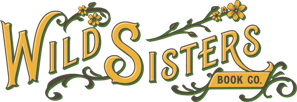 New and used bookstore
New and used bookstore 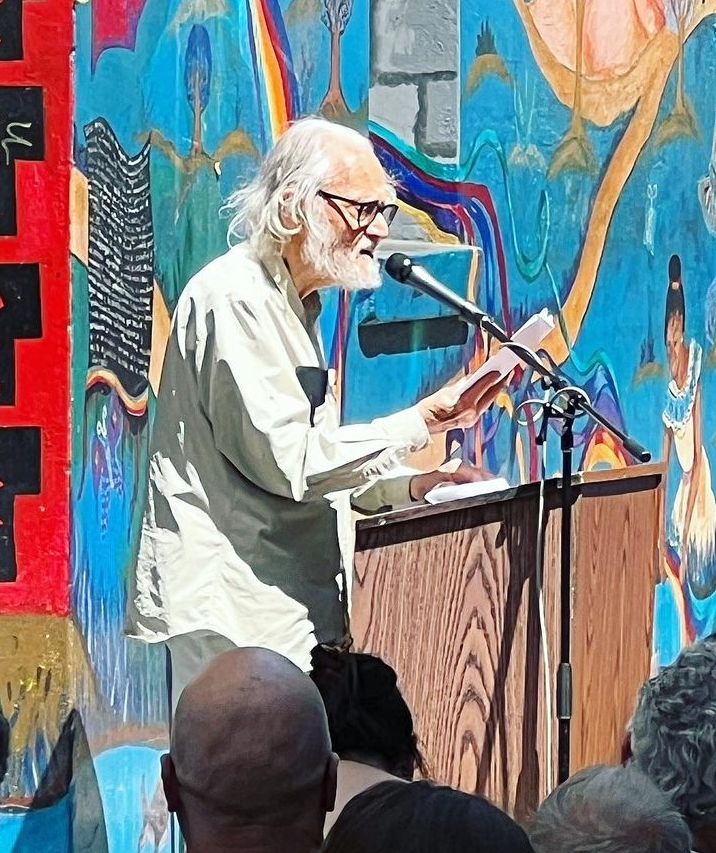
 This year has delivered some incredible reading material for children and teens. Our 2023 Best Children's and YA Books encompass titles of varying genres across age ranges--including read-alouds, early chapter books, poetic middle-grade, and introspective nonfiction for young adults. Beautifully illustrated picture books feature tasty spreads of bread, dancing literary figures, and trouble-making kittens. Middle-grade readers will find touching memoirs filled with art, hilarious and courageous fiction, and meticulously researched histories. And our young adult picks highlight horror--both fiction and non--as well as adorable first-like stories.
This year has delivered some incredible reading material for children and teens. Our 2023 Best Children's and YA Books encompass titles of varying genres across age ranges--including read-alouds, early chapter books, poetic middle-grade, and introspective nonfiction for young adults. Beautifully illustrated picture books feature tasty spreads of bread, dancing literary figures, and trouble-making kittens. Middle-grade readers will find touching memoirs filled with art, hilarious and courageous fiction, and meticulously researched histories. And our young adult picks highlight horror--both fiction and non--as well as adorable first-like stories. 
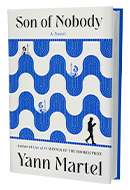
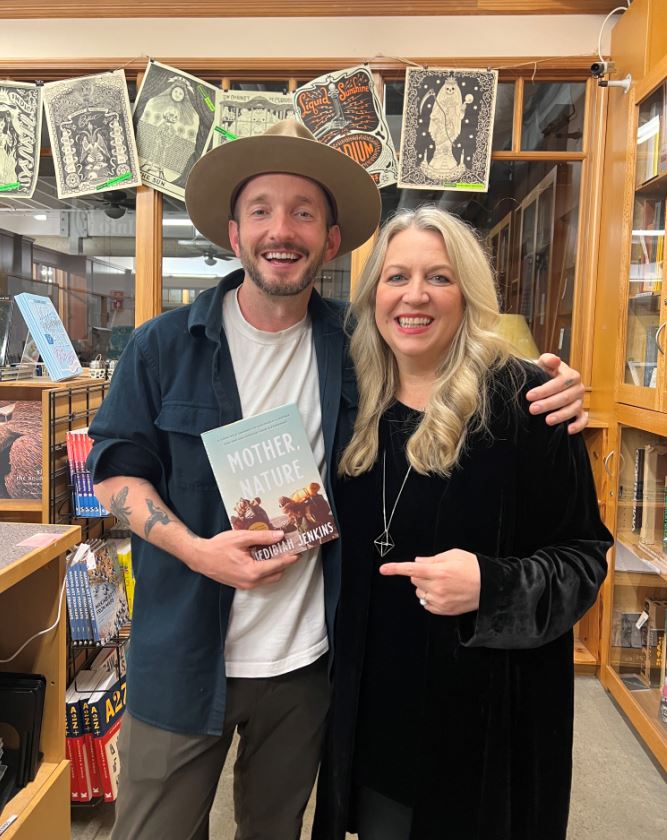 More than 200 people attended Jedidiah Jenkins's event at
More than 200 people attended Jedidiah Jenkins's event at 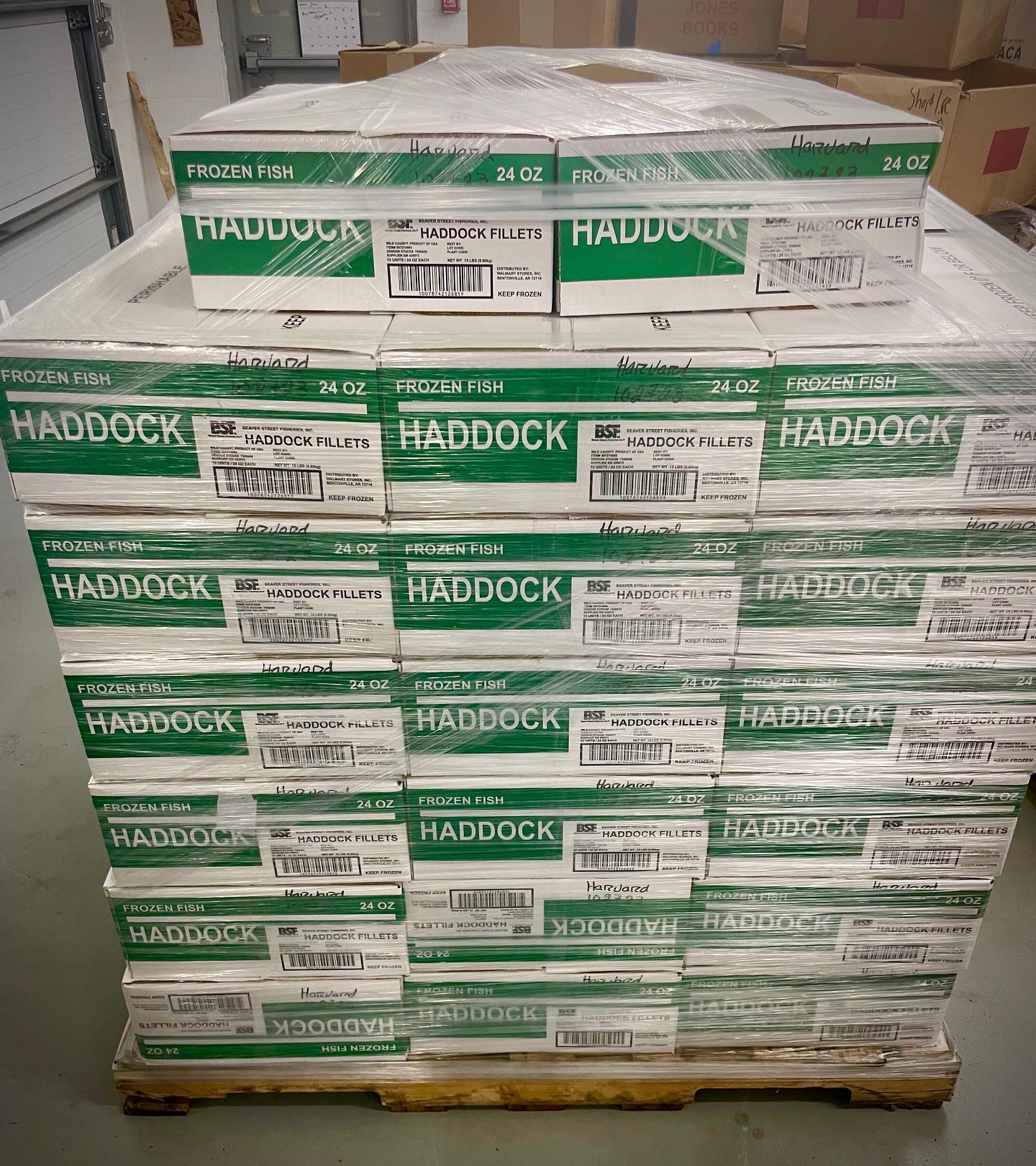
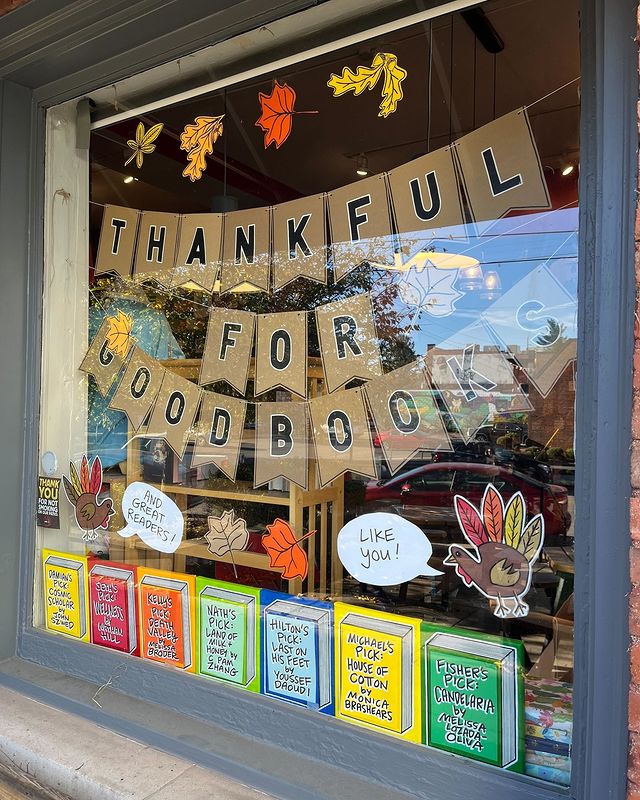 "Happy Thanksgiving week!
"Happy Thanksgiving week! 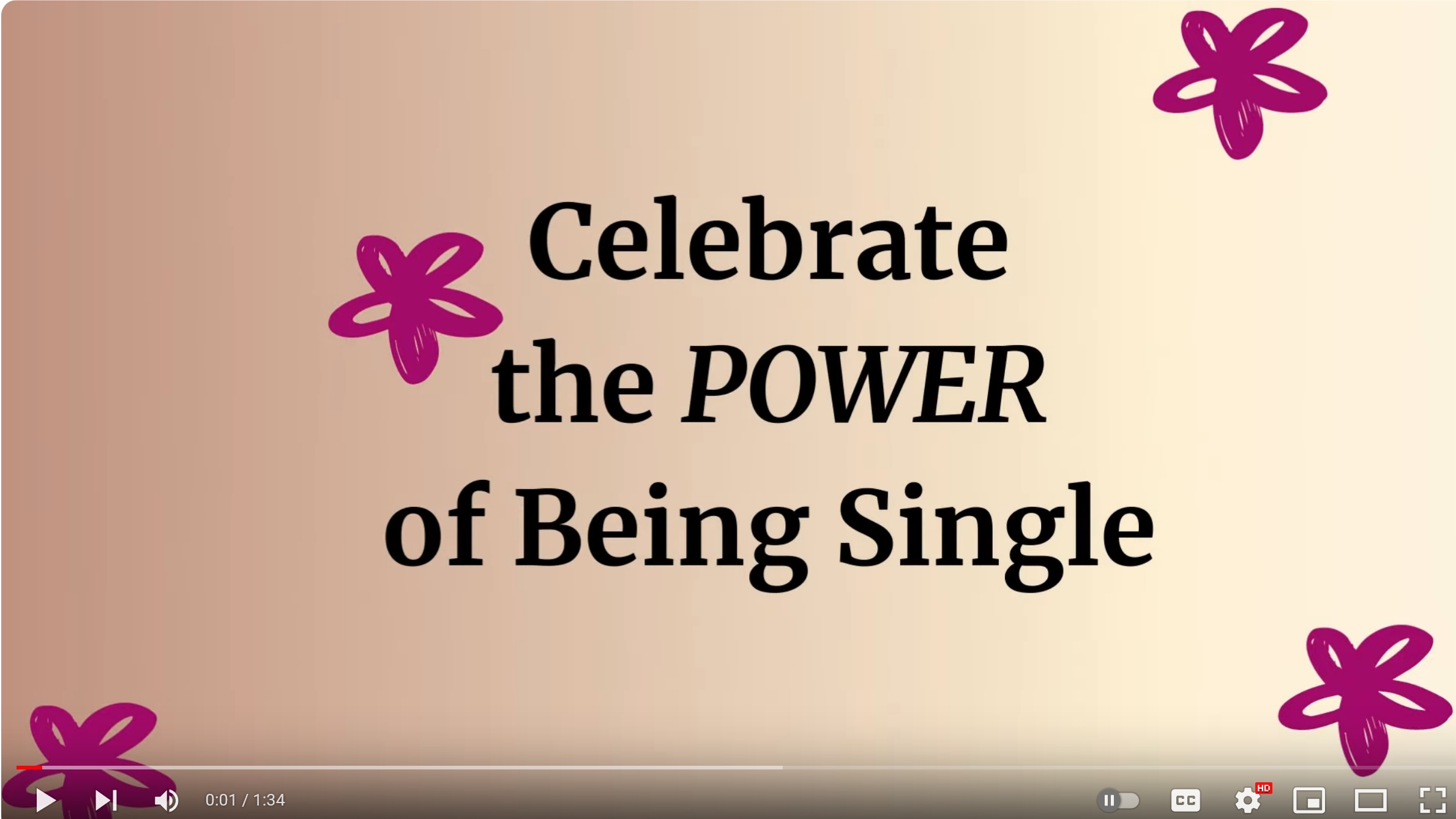 Single at Heart: The Power, Freedom, and Heart-Filling Joy of Single Life
Single at Heart: The Power, Freedom, and Heart-Filling Joy of Single Life
 Book you're an evangelist for:
Book you're an evangelist for: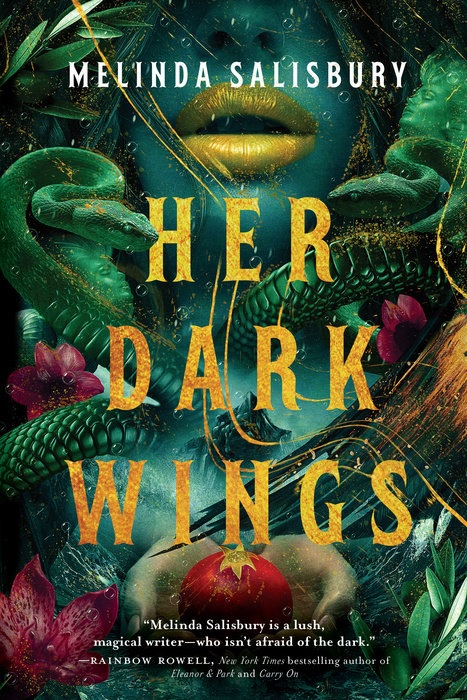 Her Dark Wings is a fierce and fanciful tale wherein a spurned young woman's accidental interaction with Hades causes a mythically sized shift in her life as well as massive changes in the Underworld.
Her Dark Wings is a fierce and fanciful tale wherein a spurned young woman's accidental interaction with Hades causes a mythically sized shift in her life as well as massive changes in the Underworld.